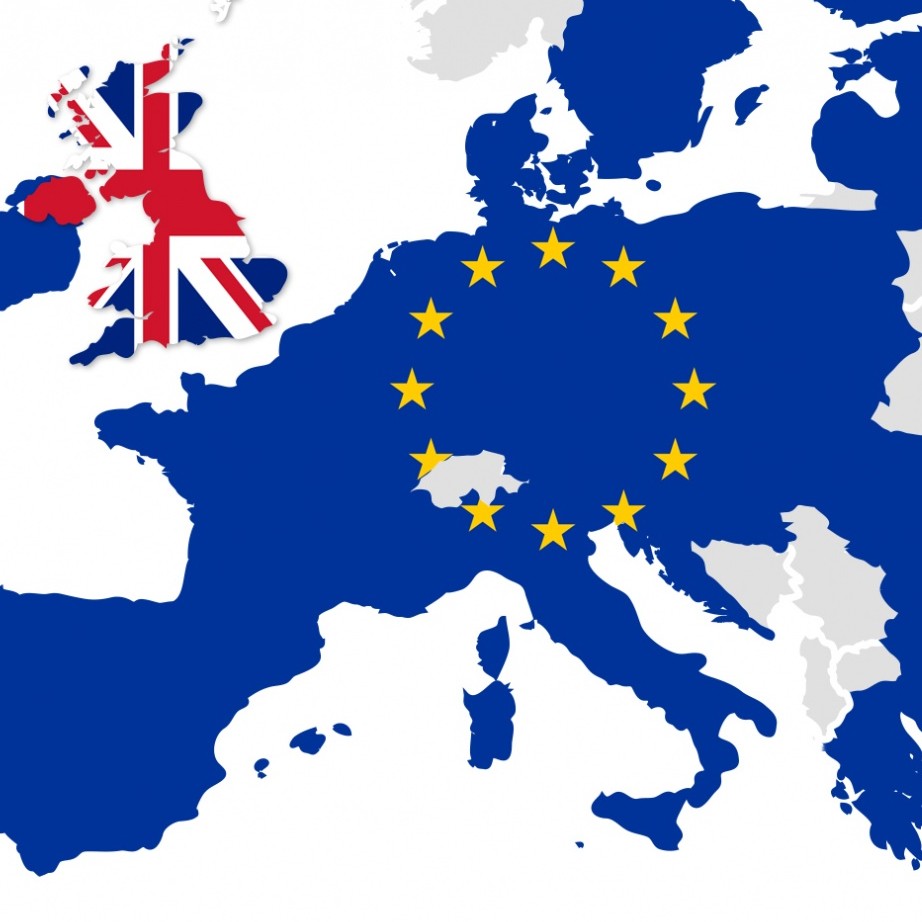Published:
In June 2016, Britain voted to end its 40-year membership in the European Union. On January 31, 2020, the controversial decision to leave the union went into effect. Since that decision, Britain has had conflicting economic results with higher inflation and lower GDP.
According to Chief European economist Sven Jari Stehn, The U.K.'s GDP per capita has only increased 4% since they voted to exit the European Union in 2016. This is significantly lower than the 8% increase in the Eurozone and 15% growth in the U.S. Coupled with a 31% increase in consumer prices in the U.K. since 2016, Brexit has not had the desired impact on the British economy yet. Consumer prices only increased by 24% in the Eurozone and 27% in the U.S.
Goldman Sachs recently ran a hypothetical model comparing the U.K.’s post-exit economy and one where they never left. According to the model, the U.K.’s economy is 5% worse off having left the European Union. This is partly due to the 15% decrease in total imports and exports to the European Union and the rest of the world. For the 5th time in three years, the U.K. government has delayed health and safety checks on food imports out of fear of increasing food prices. According to the London School of Economics, Brexit is responsible for about one third of food-related inflation, costing an additional 8.8 billion dollars on groceries. The U.K. announced that border checks on food could limit 28% of the food consumed in Britain. According to the Office for National Statistics, they have seen a sharp trade fall for goods and services. Due in part to more complexity and regulation in supply chains. These trade difficulties are disproportionately hurting smaller firms, which are having a hard time absorbing the extra costs. They are also having a more challenging time dealing with the increase in red tape, specifically customs- export declarations companies must fill when shipping goods out of the E.U. These custom-export declarations have more than tripled since 2016. This results in higher prices, which ultimately hurts the consumer.
According to the Goldman Sachs model, overall investments are also down 5% compared to if Britain never left the European Union. This impact on their economy is exacerbated by a decrease in E.U. migration, which has put more tension in the labor market. Before Brexit, most immigrants who went to the U.K. were looking for work; now, they are mostly students who have a much lower impact on the economy. This has been one of the many factors pushing their inflation higher. The U.K. government plans to increase the flow of higher-skilled workers and reduce the flow of lower-paid workers in order to focus on long-term growth.
In 2023, the Center for Economic and Policy Research(CEPR) issued a survey to the British public about the impacts of Brexit. According to the summary, two thirds the British public thinks Brexit has damaged the economy. While only 20% believe there has been a positive impact. However, one of the positive benefits of Brexit is that the U.K. has more control over its economy and trade.
File under






